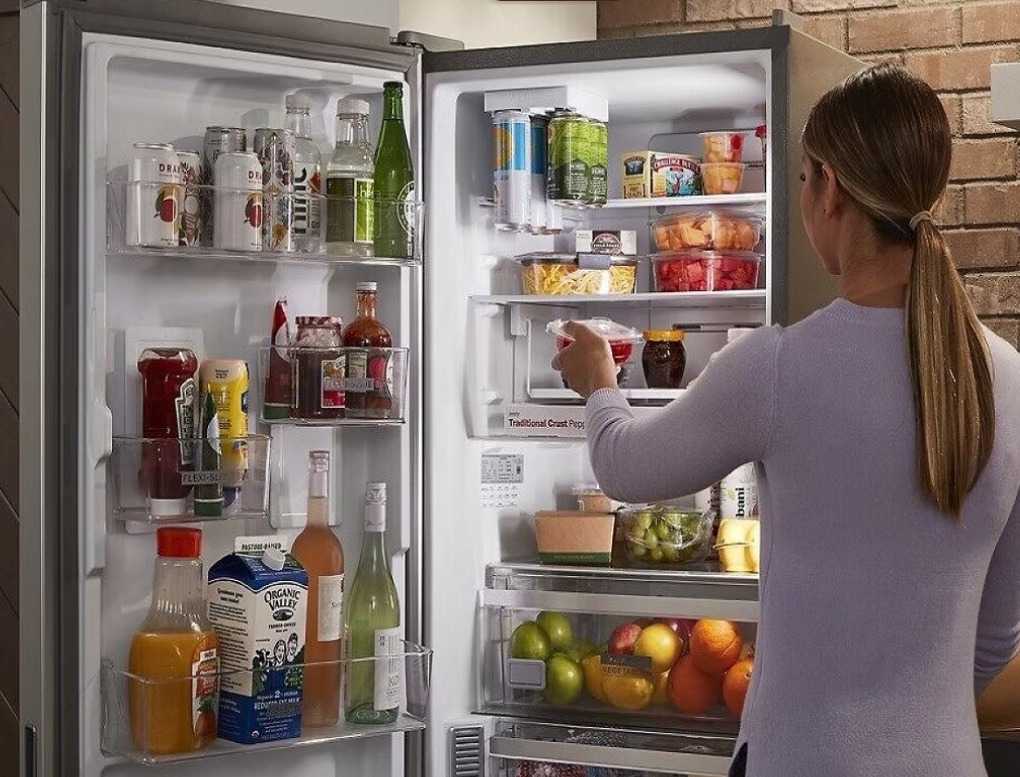Summer Fridge Safety: Common Mistakes That Could Lead to Fire or Explosion

Summer Fridge Safety: Common Mistakes That Could Lead to Fire or Explosion
As temperatures rise, experts warn against everyday refrigerator mistakes that could cause serious safety hazards.
With the summer season pushing thermometers to their peak, refrigerators become more vital than ever—keeping food fresh, beverages cool, and homes running smoothly. But experts caution that as usage increases, so do potential risks. Simple oversights in how we use or maintain our refrigerators can escalate into serious hazards, including short circuits, overheating, and even explosions in rare cases.
Here are five common summer fridge mistakes that could turn dangerous—and how to avoid them:
1. Incorrect Temperature Settings Can Overload the Compressor
Setting the fridge temperature too low may seem like a good way to keep things extra cold, but it can actually stress the compressor. When the appliance overworks to maintain extremely low temperatures, especially during hot weather, it can overheat or fail entirely—posing a risk of fire or blast.
2. Using Low-Quality Plugs or Extension Cords
Many users unknowingly plug their refrigerator into standard or poor-quality sockets not designed for heavy appliances. This can lead to electrical overload, sparks, or even short circuits. Always use sockets with the correct voltage and ensure your wiring meets safety standards.
3. Overloading and Storing Hot Food
Cramming too many items into the fridge obstructs air circulation and reduces cooling efficiency. Adding hot food directly also causes sudden temperature fluctuations. Both practices force the compressor to work harder than necessary, shortening its lifespan and increasing the risk of malfunction.
4. Improper Placement in Poorly Ventilated Areas
The location of your fridge plays a critical role in its performance. Placing it in tight, unventilated spaces—like closed kitchen corners—prevents proper heat dissipation from the compressor. Ideally, refrigerators should be kept in well-ventilated areas, away from direct sunlight and heat sources.
5. Neglecting Regular Maintenance
Dust buildup, clogged air vents, or dirty seals can drastically reduce efficiency. In addition, frequently opening the fridge door lets cold air escape and warm air enter, straining the appliance. Routine cleaning and mindful usage help ensure long-term, safe performance.
Stay Safe, Stay Cool
Refrigerators are among the most energy-intensive appliances, especially during summer. A few preventive measures—adjusting temperatures wisely, checking power connections, avoiding overloading, ensuring good ventilation, and keeping the unit clean—can make a big difference in both performance and safety.
Don’t let carelessness turn your cooling companion into a summer hazard. Follow these safety tips and keep your home cool—and secure.












